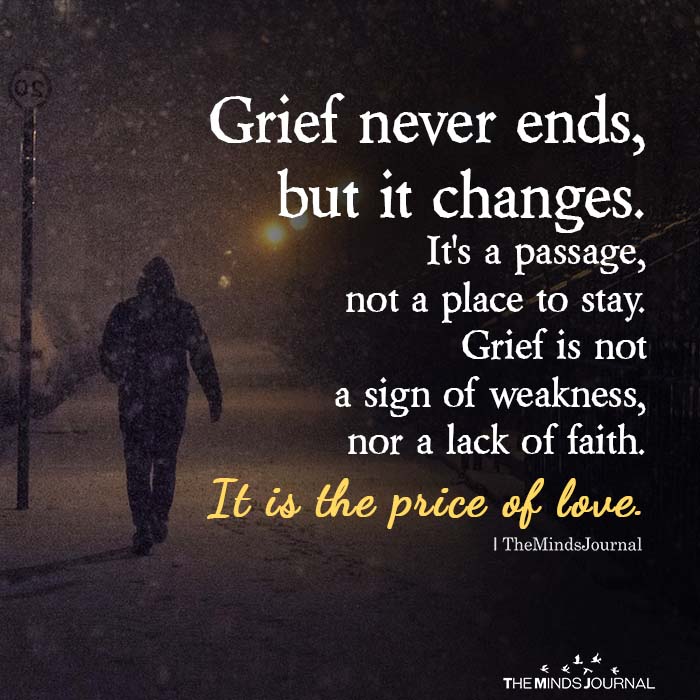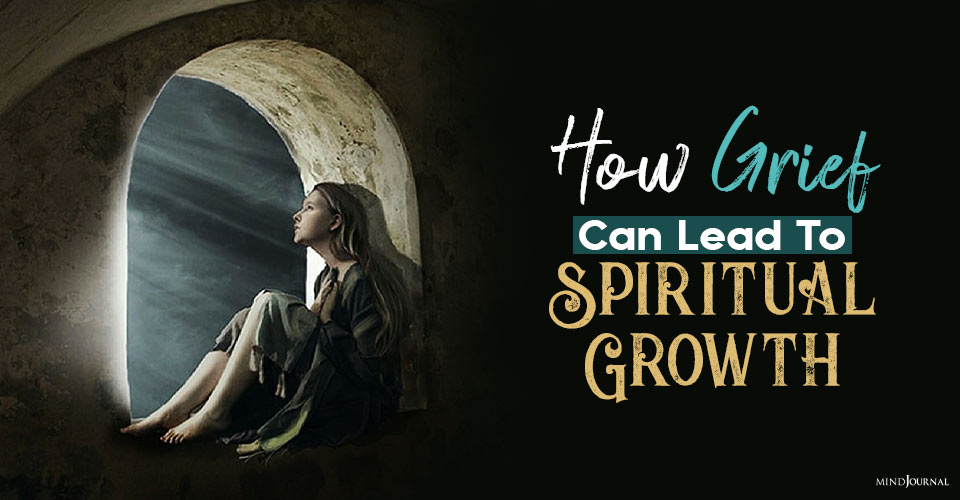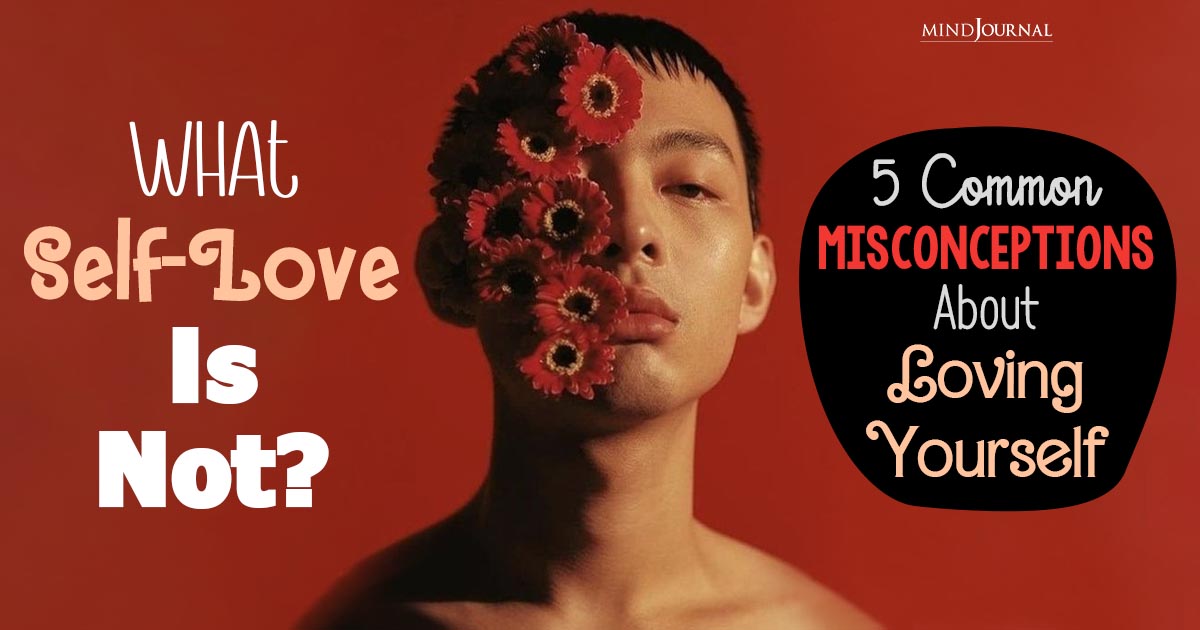There are various emotional effects of bereavement that a person goes through. From isolation to withdrawal. But how can we transform our grief to growth? Let’s take a look at how life changes us.
Loss and grief can lead to spiritual growth and other positive changes.
KEY POINTS Bereavement is one of the most common forms of trauma people experience. Individuals who reported a spiritual awakening after bereavement also reported becoming more open and authentic, less materialistic, and more appreciative of nature. These changes tended to be stable and enduring over time.
One of the most famous stories in Buddhism is the parable of the mustard seeds. A young woman named Kisa Gotami was grieving the death of her baby son. She carried his body from house to house, pleading for some medicine to bring him back to life.
One of her neighbours advised her to go to see the Buddha, who asked her to bring him a handful of mustard seeds. The only condition was that, in the Buddha’s own words, “The mustard seeds must be taken from a house where no one has lost a child, husband, parent, or friend.”
Kisa Gotami returned to her village and went from house to house again. But of course, she was unable to collect any mustard seeds, since every family had suffered a bereavement. By the end of the day, the mother had realised the impermanence of life and the inevitability of death.
This parable is so powerful not just because it illustrates the universality of death and bereavement, but also because it suggests the transformational effects of bereavement. Kisa Gotami’s acceptance of death transformed her perspective on life. According to the parable, she became a disciple of the Buddha.
How People Grow From Bereavement
Bereavement is the most common type of severe trauma that human beings experience. When people die in old age, it seems natural and right. It may even seem like a blessing, if a person has become severely ill or mentally impaired. But when people die before their time—particularly in childhood—it usually seems incredibly tragic and unjust.

Understandably, some people may never recover from the grief of their bereavement and spend the rest of their lives in a state of depression and trauma.
However, precisely because bereavement is such a traumatic experience, it holds a massive amount of spiritual potential. When a person close to us dies, everything changes radically. Our seemingly stable and orderly lives are thrown into disarray, as if a tidal wave has swept through and washed away every structure.

Related: The Five Stages Of Grief: Exploring The Kübler-Ross Model
Suddenly the world seems a strange unfamiliar place, pervaded with emptiness and loss. Our seemingly stable sense of self is broken down. We are no longer sure of who we are, since our sense of identity was bound up with the person we lost. All of our beliefs, hopes, and ambitions seem meaningless and dissolve away.
In 2017, I decided to conduct a research study specifically on bereavement, to investigate its transformational potential. (This has been published as the paper “Transformation through Loss and Grief.”) Working with my research assistant Krisztina, we interviewed 16 people who reported a spiritual awakening following bereavement. We also asked the participants to complete two psychometric scales that measure spirituality and awareness, to help us ascertain whether they had undergone a transformation.
The 16 participants (12 women and 4 men) had suffered a variety of different forms of bereavement—the death of parents, friends, siblings, and partners or spouse. For one participant, it was an abortion, which she experienced as a painful bereavement. In some cases, the deaths were tragic and violent.

There were two murders, three car accidents (also one bicycle accident) a suicide, and a drowning. The other deaths were mainly due to health problems, such as cancer or a heart attack. Most of the deaths were sudden and unexpected, rather than gradual and expected.
Krisztina and I performed a thematic analysis of our interviews (a standard psychological research method), to find out the main aspects of the participants’ transformational experiences. There were a number of changes reported by almost everyone, such as a less materialistic attitude, a more positive attitude to death (including a sense that death is not the end), a new sense of well-being, and a new appreciation of (and sense of connection to) nature.
The participants told us that they had undergone personality changes too, becoming more open, intuitive, authentic, more self-loving, and compassionate. They also told us that they had new values and goals in life, such as a stronger desire to help others, contribute to the world, and spend more time with loved ones.
Related: The Stages Of Grief: Ways To Cope With Loss and Minimize The Pain
Lasting Changes To Identity
The participants all scored highly on the scales as well. For most, it had been a long time since their transformational experiences (which in most cases had happened at the time as, or shortly after, the bereavements). The average length of time was 13 years, ranging from 3 to 50 years. For 8 people, it had been over 10 years.
This shows how stable and enduring the transformation was. It was almost as if they had undergone a kind of rebirth, or a permanent shift of identity. As one of the participants told me, “It feels quietly stable… like a rewiring has taken place.” Or in the words of another, “I can’t go back…you can’t unring the bell, or you can’t unpop a balloon.” Here two of my participants summarise the overall changes they have undergone since their bereavement:
“I’ll give you a picture. Before I was like a square or rectangle, linear, and boxed in…And because I was in a box, I felt trapped. I’d become frustrated, angry, irritated, full of my own problems and worries. Now I’m out of the box… I feel like there’s a reason for everything. I have a sense of peace that’s telling me that there’s a bigger purpose, a bigger mission. I feel a lot of love right now. I feel a tremendous amount of love and a tremendous amount of support. I have a tremendous amount of gratitude.”
“I love spending time in nature… To me, that’s a form of meditation. Ever since it happened, I have found the world beautiful, and found people fascinating… It’s given me an appreciation of music and flowers and colors and the arts, and a fabulous profession [as a nurse] that I loved and felt a privilege to be part of.”
It’s impossible for us to know what kind of transformation Kisa Gotami underwent, but it was most likely of a similar nature to those I have described here. And in view of the powerful transformational effects of bereavement, it is perhaps not surprising that, according to the Buddhist story, we are told that she was the first female follower of the Buddha to attain enlightenment.
References
Taylor, S. (2020). Transformation through loss and grief: A study of personal transformation following bereavement. The Humanistic Psychologist. Advance online publication. https://doi.org/10.1037/hum0000172
When coping with loss and grief, you need to accept that it’s a gradual process and you cannot overcome it immediately. But there are ways like acceptance or support that can help you deal with pain or loss and eventually move on in life.
Written by: Steve Taylor, Ph.D. Originally appeared on: Psychology Today Republished with permission










Leave a Reply